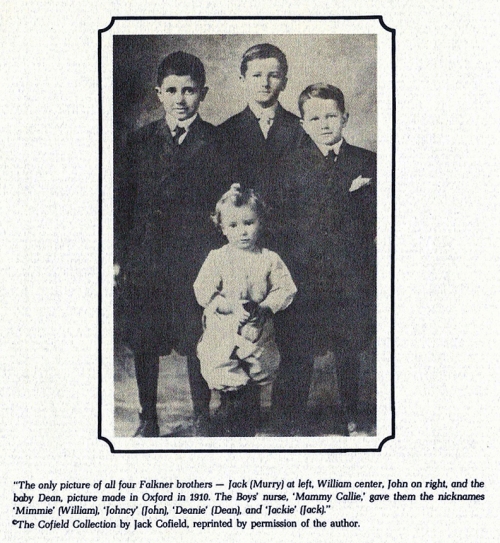This is kin to borscht, but a lot more accessible to people like me for whom a little bit of beet goes a long way. I’ve always been taken aback that cucumbers are so popular in northern Eurasia, which is typically all cabbage and turnips to me, but you’ll find okroshka in cuisines from the Baltic to the Black Sea. Despite its humble origins, okroshka is a colorful, appealing way to serve fresh summer vegetables.
Combine 2 cups diced lean cold meat (chicken, ham, beef, or fish), 2 cups diced cucumbers—use farmers’ market or “English” cucumbers, not those bloated, watery things in the supermarket—2 cups diced boiled potatoes, a small bunch of minced fresh dill, and one chopped bunch of bruised green onion. I usually peel the cucumbers but not the potatoes Add a diced boiled carrot and a couple of chopped or very thinly sliced radishes. If you have a beautiful right-out-of-the-garden tomato, slice it, drain it, dice it and throw it in. Everything should be in small pieces; think of a Nordic gazpacho. Boil six eggs, chop the whites, and add to the mix. Mash the yolks with a half cup of sour cream or yogurt, and mix with a cup of buttermilk. Add dairy mix to other ingredients along with two or three tablespoons of a Dijon or brown mustard. Add more buttermilk—kefir, if you happen to have some on hand—or rich (preferably jellied) broth and sour cream in parts to make a thick soup. Salt to taste, stir in the juice of half a lemon, and refrigerate for at least an hour or longer. Longer is better. Serve with garlic toast and sour cream. Keeps in the refrigerator for 3 days.










